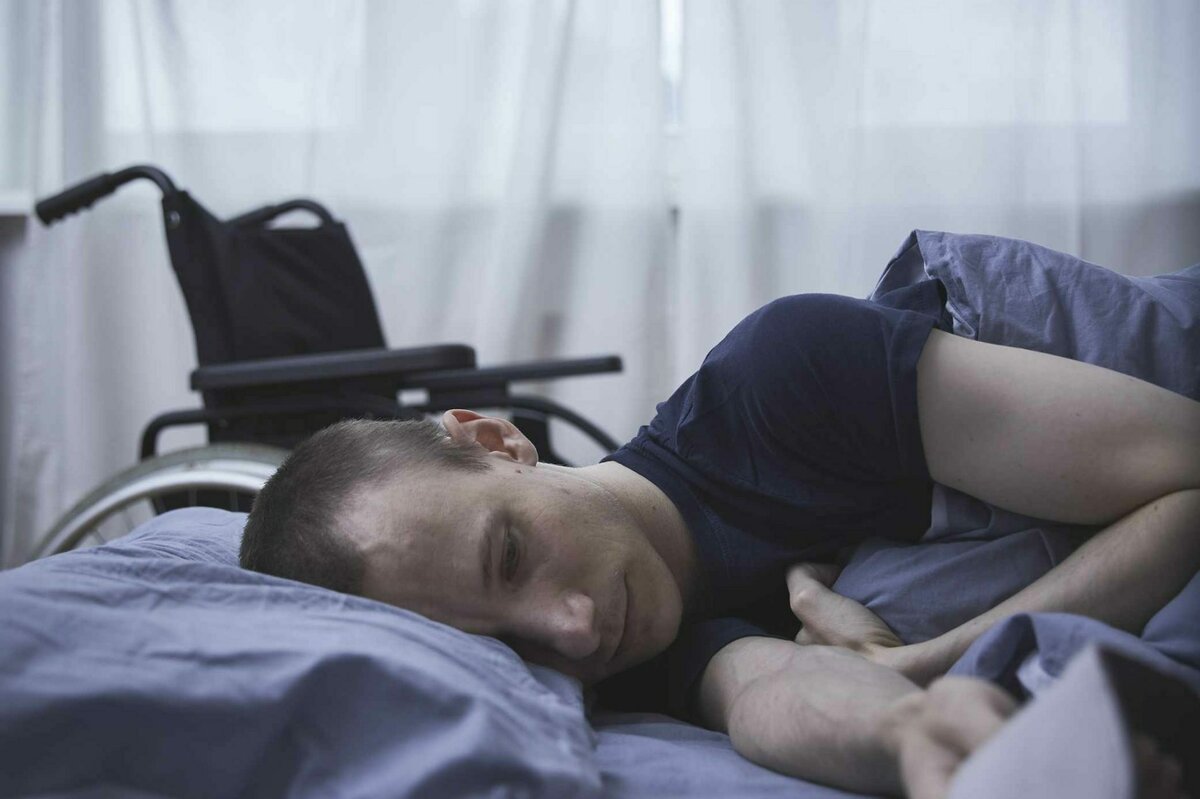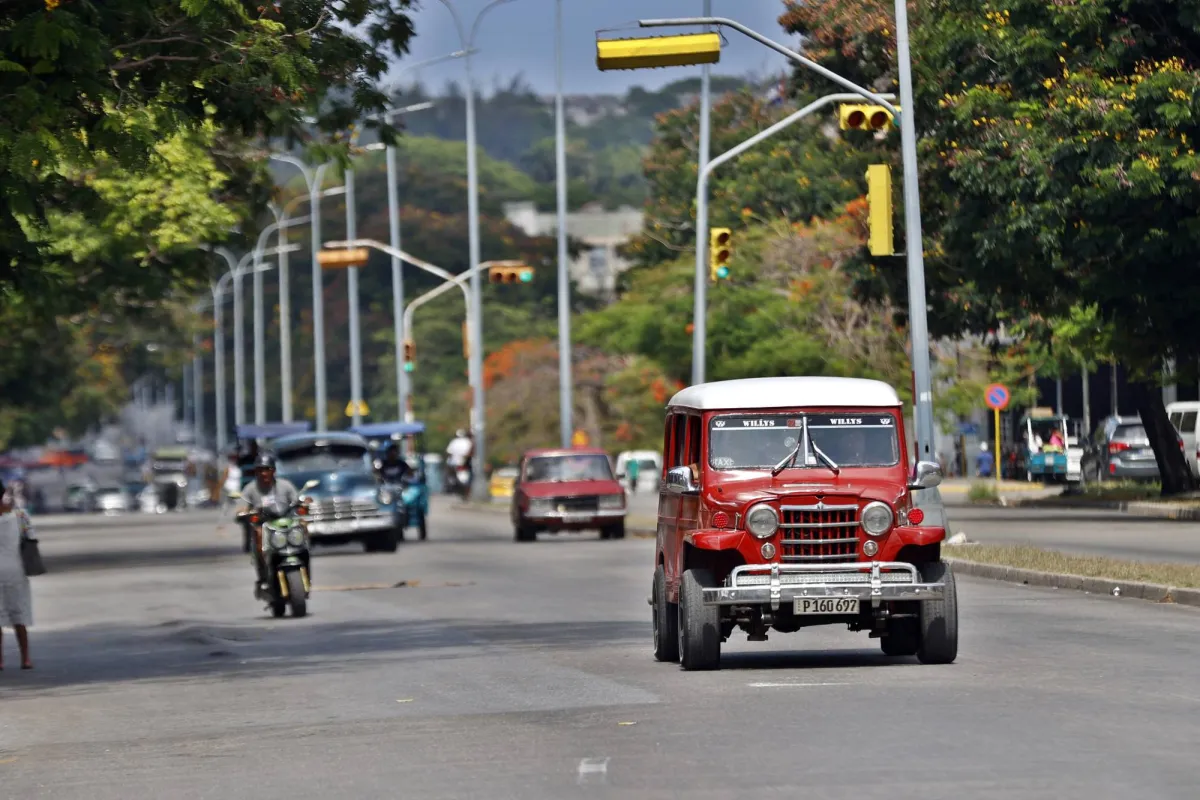5 main places that you cannot miss if you like Queen
Rock never goes out of fashion, and if there is a group that continues to marke The history of music is queenThe field from the premiere of the film “Bohemian Rhapsody” in 2018, the iconic topics of Freddie Mercury, Brian May, Roger Taylor and John Dikon resonate in all corners of the planet, generating new … Read more









